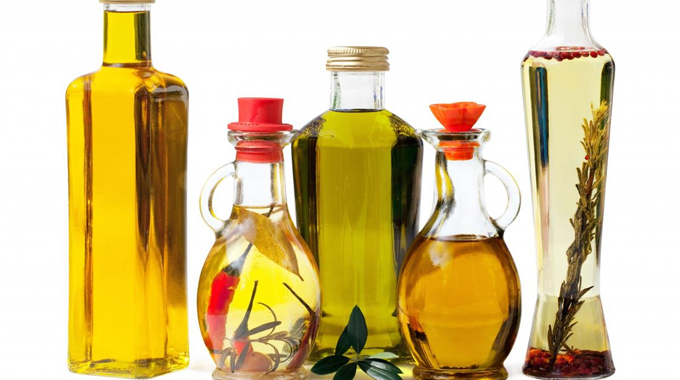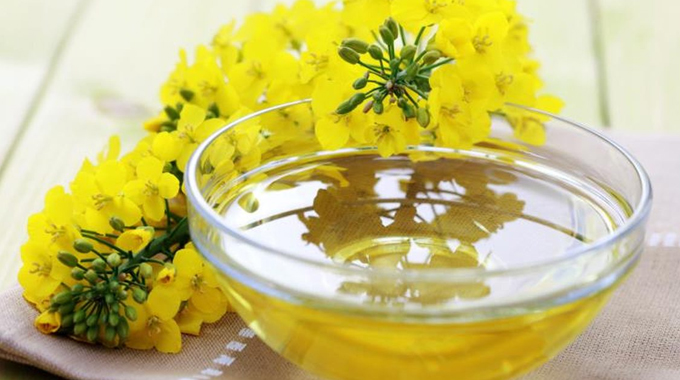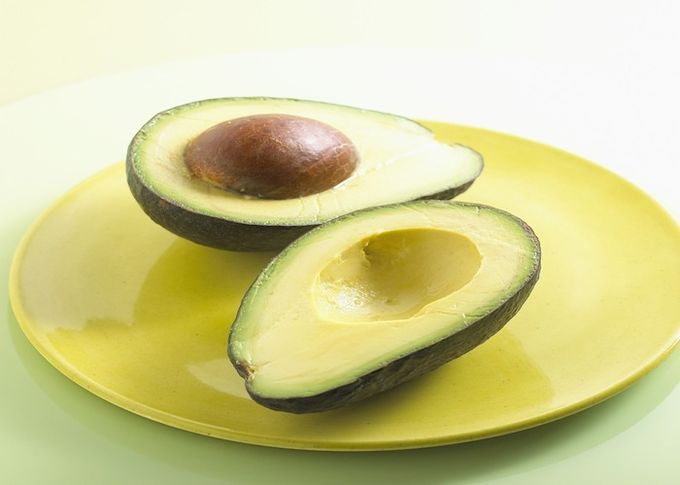Cooking oils and fats are a common essential item in every kitchen cupboard. They do a lot more than just lubricate the frying pan as well. They infuse flavours, and help to prevent you from burning your tasty dish.
At the end of the day, cooking oils are fat. You can’t sugar coat it either: a tablespoon of any cooking oil will contain roughly 120kcals. What does make a difference though, is the molecular make-up of these oils. Fats can be categorised as saturated fat, monounsaturated fat and polyunsaturated fat. The ratio of these three types will affect taste, boiling temperature and viscosity.
Everything you need to know about using fat for fuel
With so many oils being advertised as the ‘latest trend’ and ‘healthiest option’, it’s hard to work out which ones are good for us. So we’ve taken a look at the way we cook and tried to decipher the importance, the health benefits and the taste of various cooking oils.
What to look out for in a cooking oil…

PRESS: How the oil has been pressed will effect how it cooks. Cold pressed, and expeller pressed oils are treated at low temperatures. This ensures the flavour and nutrients are retained in the finished product.
SMOKE POINT: Oils will begin to break down at certain temperatures. When this happens, all the good stuff is boiled off, and the flavour begins to go a little “off”. This is why some oils are great for salad dressing, and others are ideal for high-heat cooking.
BY-PRODUCTS: When an oil is heated, it can create a number of by-products. If the oil has a high level of polyunsaturated fat, the resulting compounds can be harmful to the body in forms of: Increased blood pressure, cholesterol, and heart disease risk.
For this reason, monounsaturated fats are more ideal for cooking and consuming. They are less sensitive to heat so they don’t product the same level of compounds as other cooking oils. Examples of these are: olive , avocado, canola, sunflower, sesame and soybean oils.
OMEGAS: Omega-3 is considered to be the healthier one of the fatty acids. Commonly found in fish, nuts, seeds and avocado. This super omega is great for boosting your immune system, and they are most commonly found in these cooking oils: walnut, canola, and flaxseed.












